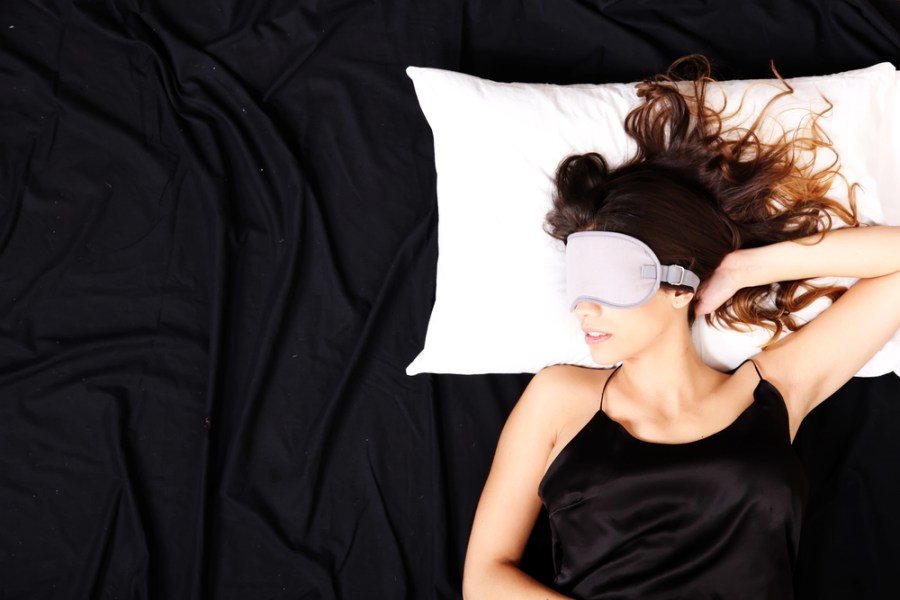Just before having a period, many women experience sore backs, hot flushes and the odd mood swing, some of which are induced or enhanced when combined with poor quality of sleep. With one-third* of women in the UK saying their sleeping patterns were affected by their menstrual cycle, healthcare brand INTIMINA has sourced some helpful tips.
Gynaecologist Dr Shree Data, an INTIMINA in-house expert, has these recommendations for better sleep…
While there are no solutions to help alter biological patterns such as the rise and fall of oestrogen and progesterone in the body which causes energy levels to fluctuate and as a result affects the quality of your sleep. There are certain tactics we can implement to help ease the side effects according to our expert.
Stay cool
Our body temperatures naturally rise between 0.5 -1.5°F while menstruating, making it more difficult to keep cool throughout the night. Therefore, try having a cool shower before bedtime and moisturise with an aloe-based moisturiser that has preferably been kept in the fridge as this will help keep you cooler throughout the night.
Quit alcohol
Try to avoid drinking when on your period and in the days leading up to it, particularly just before bedtime, as scientific studies have shown that a combination of high levels of progesterone and alcohol can exacerbate the side effects of alcohol, increasing the likelihood of wakefulness and fragmented sleep.
Make exercise a priority
While it might sound like an obvious suggestion, exercise helps to promote a deeper level of sleep as it will promote restorative bodily functions such as hormone growth. In addition to this, as your core body temperature increases, so does the amount of calories burned during your workout, meaning your body is working just that bit harder. Avoid high impact exercises during your bleeding days and focus on yoga and light stretching.
Deal with twitchy legs
Restlessness can be a common indicator that you’re about to come on your period, in particular, twitchy legs commonly known as Restless Leg Syndrome can make it even harder to get comfortable in bed. If this is a real problem, seek help from your gynaecologist or doctor as it could be that your body requires extra iron or folate to help ease these symptoms.
Have a consistent sleep routine
Introducing a regular bedtime routine during the second half of your cycle can help improve sleep, so introducing a nighttime bath or shower along with the likes of a herbal tea at the same time each night can often help.







